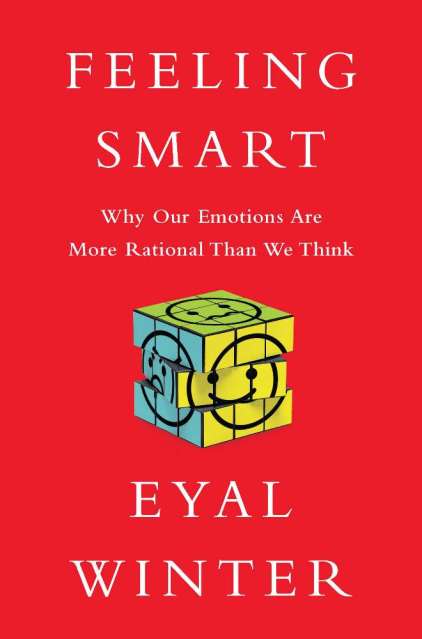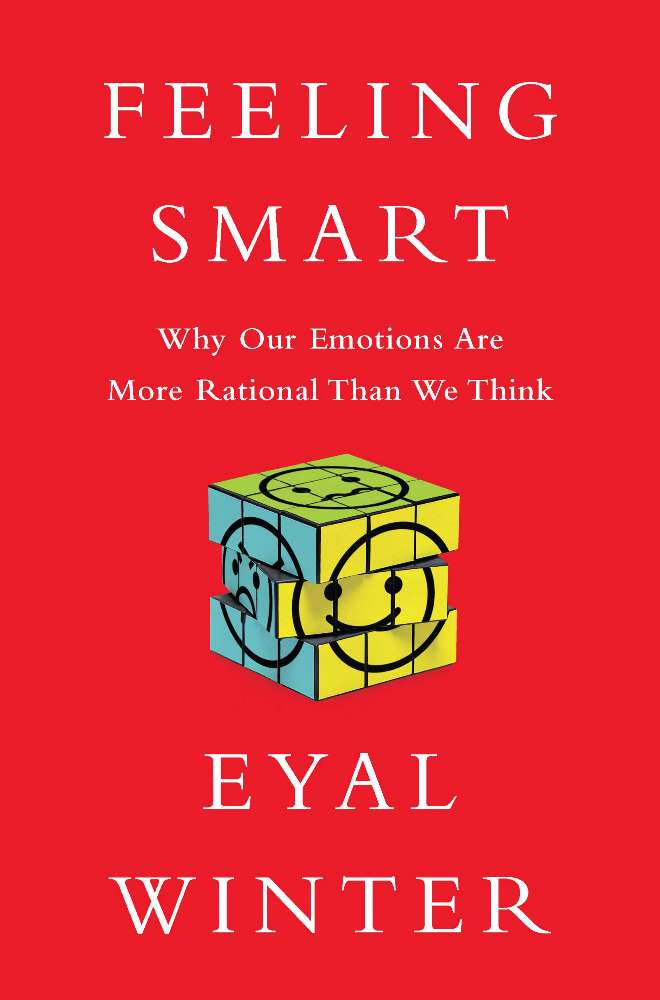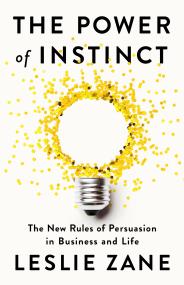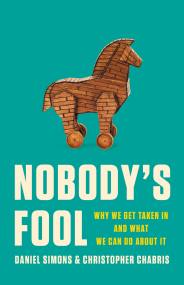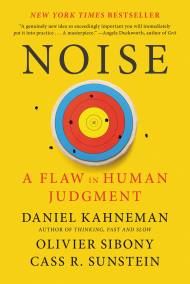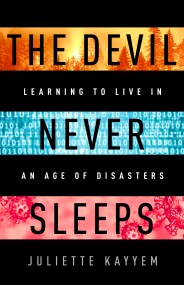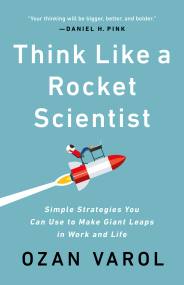
Feeling Smart
Why Our Emotions Are More Rational Than We Think
Contributors
By Eyal Winter
Formats and Prices
Price
$14.99Price
$19.99 CADFormat
Format:
- ebook $14.99 $19.99 CAD
- Hardcover $29.00 $37.00 CAD
Also available from:
In this surprising book, Eyal Winter asks a simple question: why do we have emotions? If they lead to such bad decisions, why hasn’t evolution long since made emotions irrelevant? The answer is that, even though they may not behave in a purely logical manner, our emotions frequently lead us to better, safer, more optimal outcomes.
In fact, as Winter discovers, there is often logic in emotion, and emotion in logic. For instance, many mutually beneficial commitments — such as marriage, or being a member of a team — are only possible when underscored by emotion rather than deliberate thought. The difference between pleasurable music and bad noise is mathematically precise; yet it is also something we feel at an instinctive level. And even though people are usually overconfident — how can we all be above average? — we often benefit from our arrogance.
Feeling Smart brings together game theory, evolution, and behavioral science to produce a surprising and very persuasive defense of how we think, even when we don’t.
- On Sale
- Dec 30, 2014
- Page Count
- 288 pages
- Publisher
- PublicAffairs
- ISBN-13
- 9781610394918
Newsletter Signup
By clicking ‘Sign Up,’ I acknowledge that I have read and agree to Hachette Book Group’s Privacy Policy and Terms of Use
